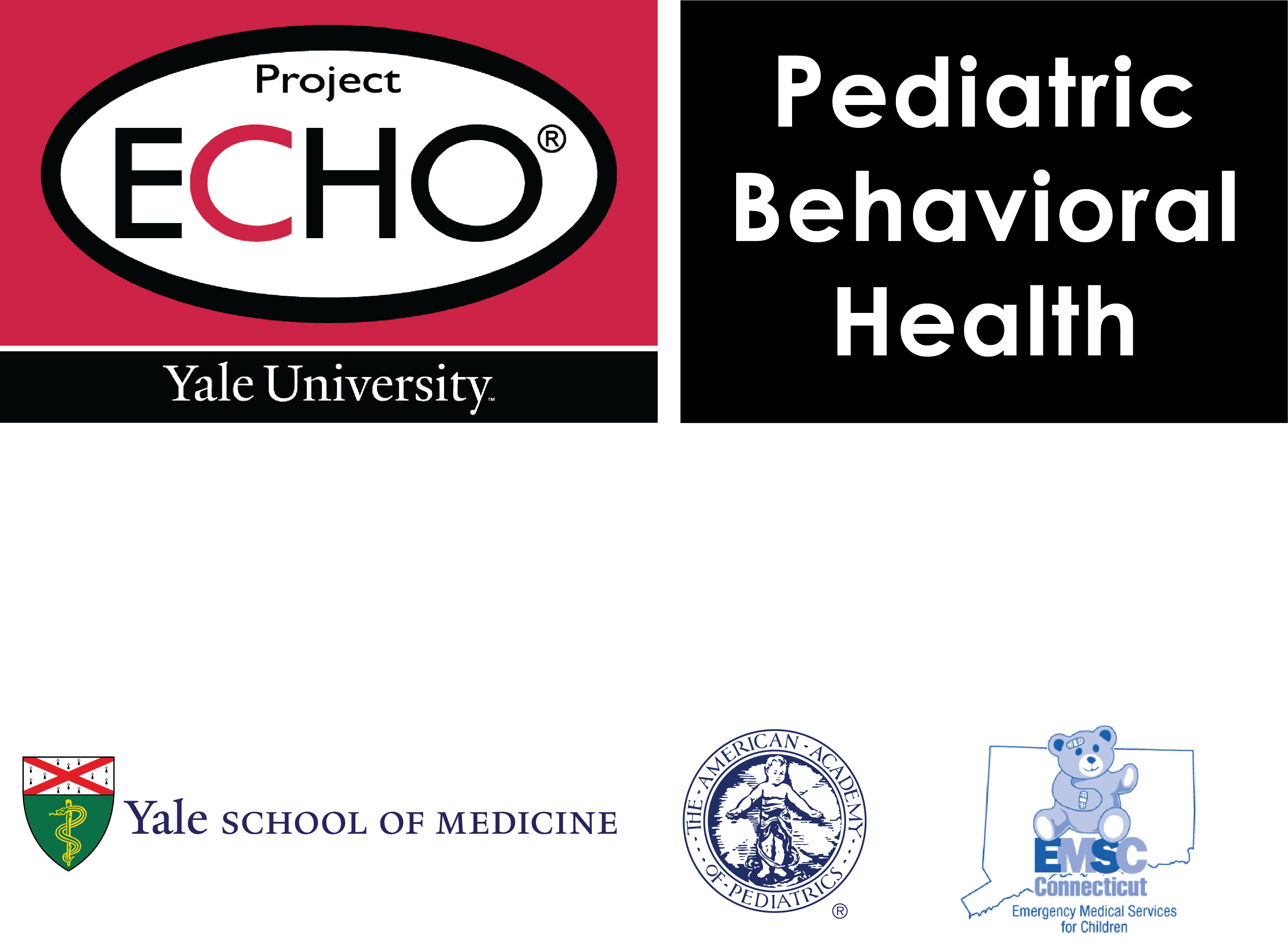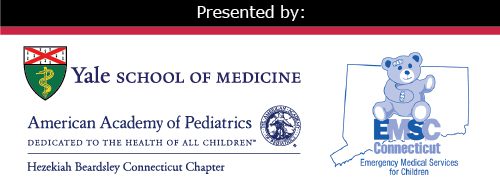Pediatric Behavioral Health ECHO® Series

Behavioral Health ECHO® Series Sessions
Session 1: Overview of Emergency Pediatric Behavioral Health Conditions and Introduction to ECHO Format
August 24, 2021
Speakers: Michael Goldman, Joyce Li, Melissa Sundberg, Amy Roy
RESOURCES
New England Regional Behavioral Health Toolkit
Pediatric Behavioral Health Video Series
Session 2: Approach to the ED pediatric patient who is boarding for a behavioral health condition
September 22, 2021
Speakers: Ashley Foster MD, Susan Duffy, MD
RESOURCES
New England Behavioral Health Activity Resource
Tips for Developing a Guideline for Guardian Presence in ED
Session 3: Coping Strategies in Behavioral Health Conditions Safety and Communication Strategies in Behavioral Health Conditions
October 20, 2021
Speaker: Jennifer Schlebusch, Boston Children's Hospital
View Recorded Session
Download Presentation
RESOURCES
Tips for Approaching Patients
Session 4: The Mental Health Burden of our LGBTQ+ Patients
November 17, 2021
Speakers: Kristen “KC” Campbell, CPNP and Dax Sousa, RN
View Recorded Session
Disclaimer: Video was cut right before last summary slide but all content was otherwise preserved and slides also available.
Session 5: Trauma Informed Care
December 15, 2021
Speaker: Dr. Kirsten Bechtel, Professor of Pediatrics and Emergency Medicine, Yale University School of Medicine
Session 6: ECHO Series Wrap Up
January 12, 2022
Speaker: Dr. Joyce Li
View Recorded Session
Resources:
Article: Child Mind Institute-Taking a Child to the Emergency Room
Website: Articine-The Humanity of Art + The Power of Medicine

Project ECHO® links expert specialist teams at an academic hub with clinicians in local communities. Our aim is to provide Pediatric Emergency Medicine education that is relevant to ED providers (MDs, APPS and RNs) in the community setting and provide a venue to both discuss cases that are challenging for providers as well as create relationships among ED providers in CT such that informal consultations can occur in the future.
![]()
